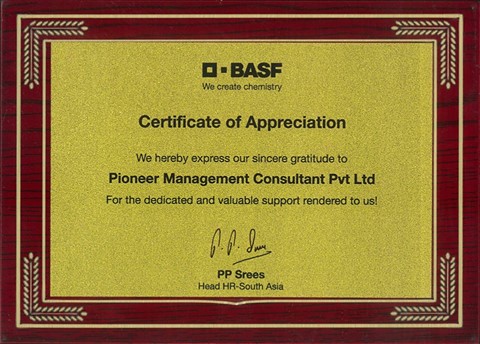Moving towards modernity....
The pandemic was a tough time. When looking back at it to count the losses, it's only fair to count all that we learned. Pandemic is known for all it took away from us, which is true there was a lot, but we found ways to grow together, discover new opportunities and learn new things despite the unfortunate circumstances.
Work from home, once seen as a privilege, became a necessity, and as more and more we indulged in it, we discovered its possibilities. Even though there were difficulties initially in the transition, people learned, improved, and reduced the myths around the notion of working from home just that, myths!
Not everyone might have been working from home entirely, but everyone was relieved to spend some extra time in their comfort zone for at least a bit. This points towards an exciting way of working, a slightly modern idea based on our learnings from the last few years to tackle the common workplace issue of employee burnout.
Why not we move towards four days of work a week?
Sounds radical, doesn’t it? Almost impossible? So we did entirely work from home, but we did that too successfully. Those thinking the transition isn’t practically possible, history is there for us to look back at. In the 1890s, full-time employees worked an average of 100 hours a week, which by mid 20th century was drastically reduced to 40 hours a week. When we have achieved so much, coming to 28-35 hours a week doesn’t seem impossible.
But what are the benefits, you ask?
Employees have shown a significant increase in productivity from the work-from-home system. A study by Standford showed an increase of up to 13% in employees’ performance essentially because a working environment they were more comfortable with was quiet. Another survey by Connect Solutions showed how 77% of people working remotely show increased productivity.
Not occupying an office space proved to be more cost-efficient as well. The organization spares no unnecessary bills for the services of the space occupied, and neither are employees' commute reimbursements. The overhead costs of the business come down drastically when remotely working.
No commute also leads to low emissions and a lower carbon footprint. An entire workplace not commuting to the office for three days means fewer pollutants from the vehicles being released into the environment.
Another benefit of no commute is saving up on time that can be utilized elsewhere. Remote working preserves not just time but also energy levels of the employees, which would usually be wasted on travelling to work and other engagements when going to the office.
It allows space for a perfect work-life balance to exist. 4 days at work and the rest of the working days at home seem to leave room for an employee to finish their work efficiently and give time to their personal life. Such a balance doesn’t let the work overshadow their personal life.
Lastly, the most significant benefit of such an arrangement is employee satisfaction. According to a survey conducted by Survey Monkey, more than 89% of the employees surveyed were more satisfied with remote working. Employees realised how remote working was time and cost-efficient for the organisation. Employees felt more at ease working from the comfort of their home, which also utilized less energy than commuting to and back from the office did.
Are four days of work a week in the future?
While there are limitations to such an arrangement but the benefits indicate that it is an arrangement that is not entirely outside the realm of possibilities. These benefits are clearly what can bring a massive change to the operations and productivity of an organization. This is precisely why companies like Microsoft Japan, Unilever New Zealand, and Toshiba are pivoting toward the four day work week concept.
___________________________________________________________________________________________________
Aryan Gulati : An avid reader, researcher, and versatile content writer who is still learning and enjoys the company of animals and books on a peaceful Sunday evening.



Leave a comment